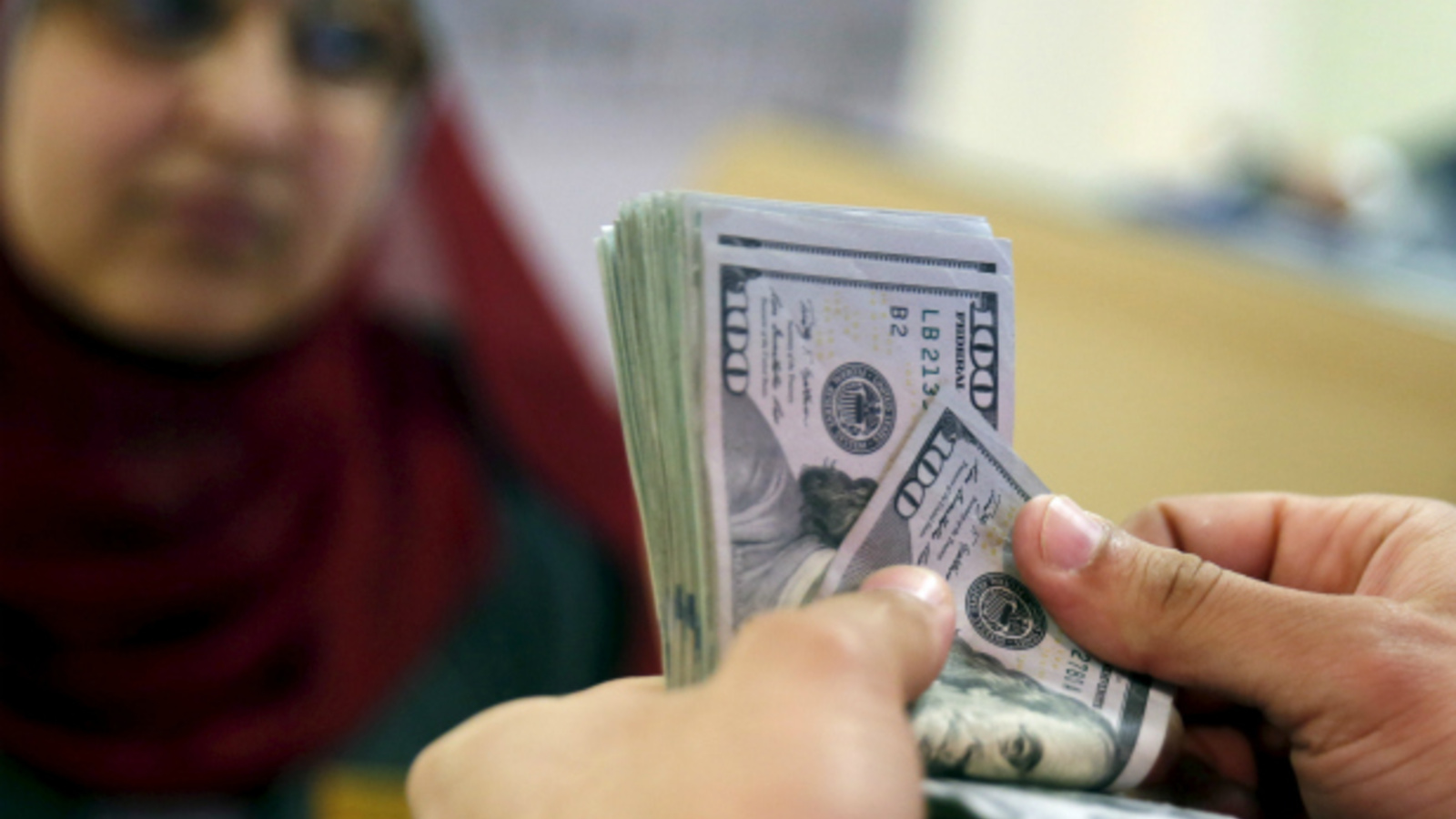I am standing in front of the cashier at an electronics chain store in Dubai, with my Egyptian credit card in one hand and a new iPhone in the other. I place my credit card in the point-of-sale (POS) machine, and as I wait for the transaction to be approved so I can leave the store with my new iPhone, the words “exceeds limit” appear on the machine’s screen. I recalculate the cost of the mobile phone in Egyptian pounds, and it does not exceed my credit card limit. I am confused. As soon as I call the bank to understand the situation, I am told that new rules have been implemented by Egyptian banks for spending — in-person and online — and cash withdrawals abroad. On October 5 2022, Egyptian banks announced new regulations on foreign currency withdrawals from local currency accounts. Several banks sent messages to their clients, instructing them on new monthly limits and how much foreign currency they can withdraw abroad, as well as when using their debit and credit cards out of the country. The announcement detailed that the maximum limit set for using the…




